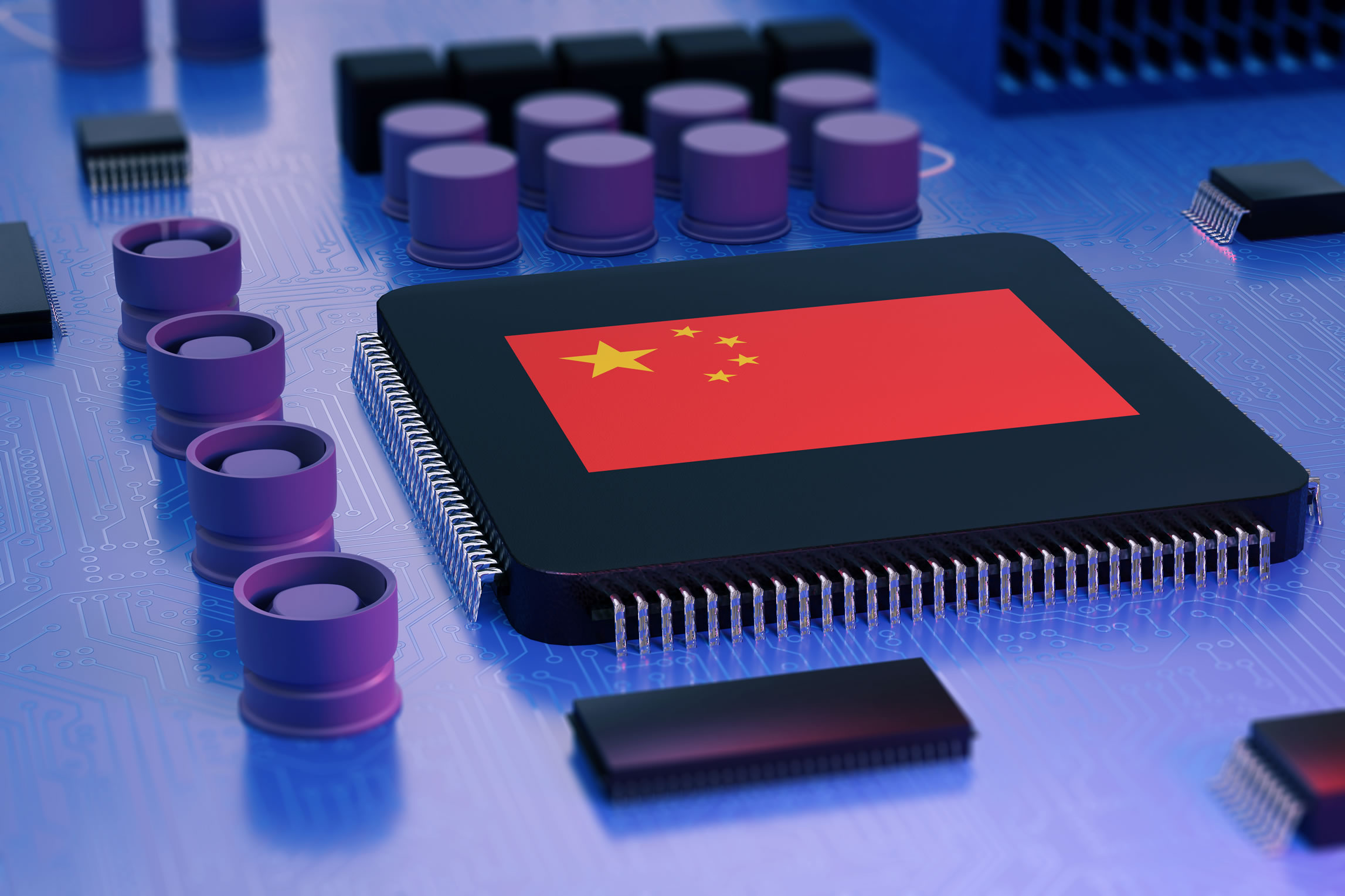Why it matters: China's semiconductor industry has largely depended on American technology, but China has long been working on technological self-reliance. In the wake of the US-China trade war, China seems to be heeding calls of urgency to wean itself off of US semiconductors and IP and accelerate its own semiconductor industry -- which some believe could hurt American interests in the long run.

China has established a new state-backed semiconductor fund, with the intent of advancing its domestic semiconductor initiatives and reducing its reliance on US technology. The fund currently sits at 204 billion yuan ($28.9 billion) and is the second of its kind, with the first state-led fund taken place in 2014.
China is the largest consumer of semiconductors in the world, and Bloomberg reports that China imports roughly $200B worth of American semiconductors annually. In recent years, China has made moves to stimulate its own semiconductor industry, but the back and forth US-China tensions have given Beijing a new sense of urgency.
According to Bloomberg, the fund's capital is coming from state organizations and the Chinese government, with China's Ministry of Finance pouring about 22 billion yuan into the fund. The China Development Bank invested another 22 billion yuan, while the fund has also attracted monetary support from other "local governments and state-owned enterprises."
Image credit: Steven McDowell
https://www.techspot.com/news/82556-china-establishes-29b-fund-wean-itself-off-us.html